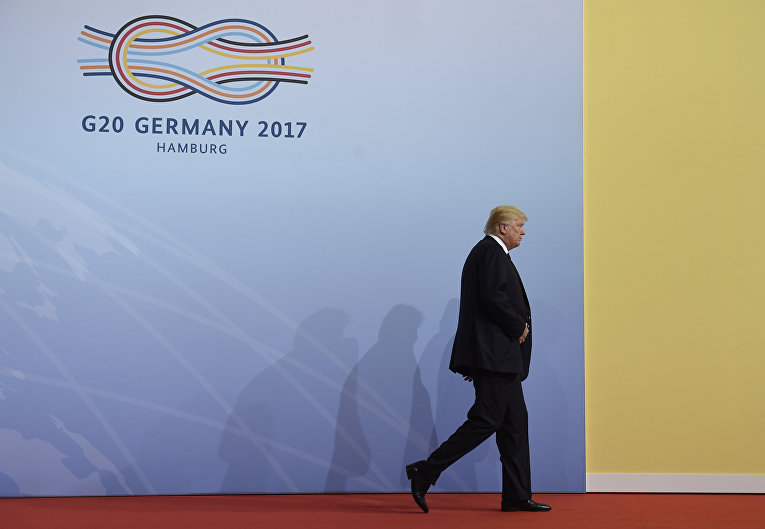Political analyst and former Iranian diplomat Mohsen Paakaein has, in a Farsi peace published in the Jame Jam daily newspaper, weighed in on the repercussions of the US Congress’ move to impose new sanctions on Iran, Russia and North Korea. The following is the full text of the article:
The US House of Representatives’ slapping fresh sanctions on Russia, Iran and North Korea can be reviewed from different perspectives.
- Although the motion needs to be signed by the US president to come into force, Iran will definitely react to the US lawmakers’ move and will reciprocate through necessary measures at the Parliament.
- The US Congress passing the legislation at a time when Takfiri terrorists in Syria and Iraq have suffered crushing defeats indicate neo-conservatives’ anger and proves the White House lacks serious determination to tackle terrorism. It goes without saying that by imposing sanctions on Iran and Russia, which are at the forefront of the campaign against terrorism, the US is targeting countries which are fighting terrorists.
- The Congress’s recent move, which has raised serious opposition and concern in Europe, will increase Washington’s divisions with European states and speed up the trend of Washington becoming isolated on the international stage. Moreover, the United States’ animosity with Russia and North Korea, which has somehow targeted China as well, will reduce the number of Washington’s friends. All these developments have set the stage for Iran to take diplomatic action in the face of Washington’s breach of promises. Iran’s diplomacy apparatus can take advantage of the situation to turn US threats into opportunities.
- The reality is that the nuclear deal signed between Iran and six world powers known as the Joint Comprehensive Plan of Action (JCPOA), which is an international agreement, has circumscribed the United States’ chances of exerting pressure on Iran. The Capitol Hill’s recent move also looks more like a cold war and is much less likely to go into effect now compared to the time before the JCPOA was signed. By slapping sanctions on Iran, Washington seeks to make the Islamic Republic pull out of the JCPOA, so that it will be able to get other European countries on board and form an international coalition against Iran. By pressing ahead with its prudent diplomacy, Iran should get European countries, Russia and China to realize that the US is impeding the implementation of the JCPOA by reneging on its commitments. At this juncture, Iran should avoid any move which might be regarded as non-compliance with the JCPOA, and, hence, prevent the formation of any global consensus against itself.
- US media are seeking to blow the new bans out of all proportion, call them the “mother of sanctions” and, in their estimation, intimidate Iran with a war of nerves. But the reality is that the possible new sanctions against Iran are a far cry from the possible bans against North Korea or Russia. The sanctions on Iran would, in fact, be a repeat of past sanctions without the approval of the UN Security Council, and show that using sanctions as a tool is more inefficient than in the past.
- The Islamic Republic of Iran will definitely show reciprocal reaction to the US Congress’ new move. In the meantime, boosting national solidarity and unity as well as reinforcing the country’s defense capability will be the strongest and most serious response to the US sanctions. We need to improve our defense capability and national solidarity, and at the same time press ahead with our activities in the defense sector. Some 40 years ago, the Americans put pressure on Iran with different tools, namely sanctions, but, by God’s grace, they suffered defeats in all stages. Washington’s recent sanctions, too, will end up having the same fate.
